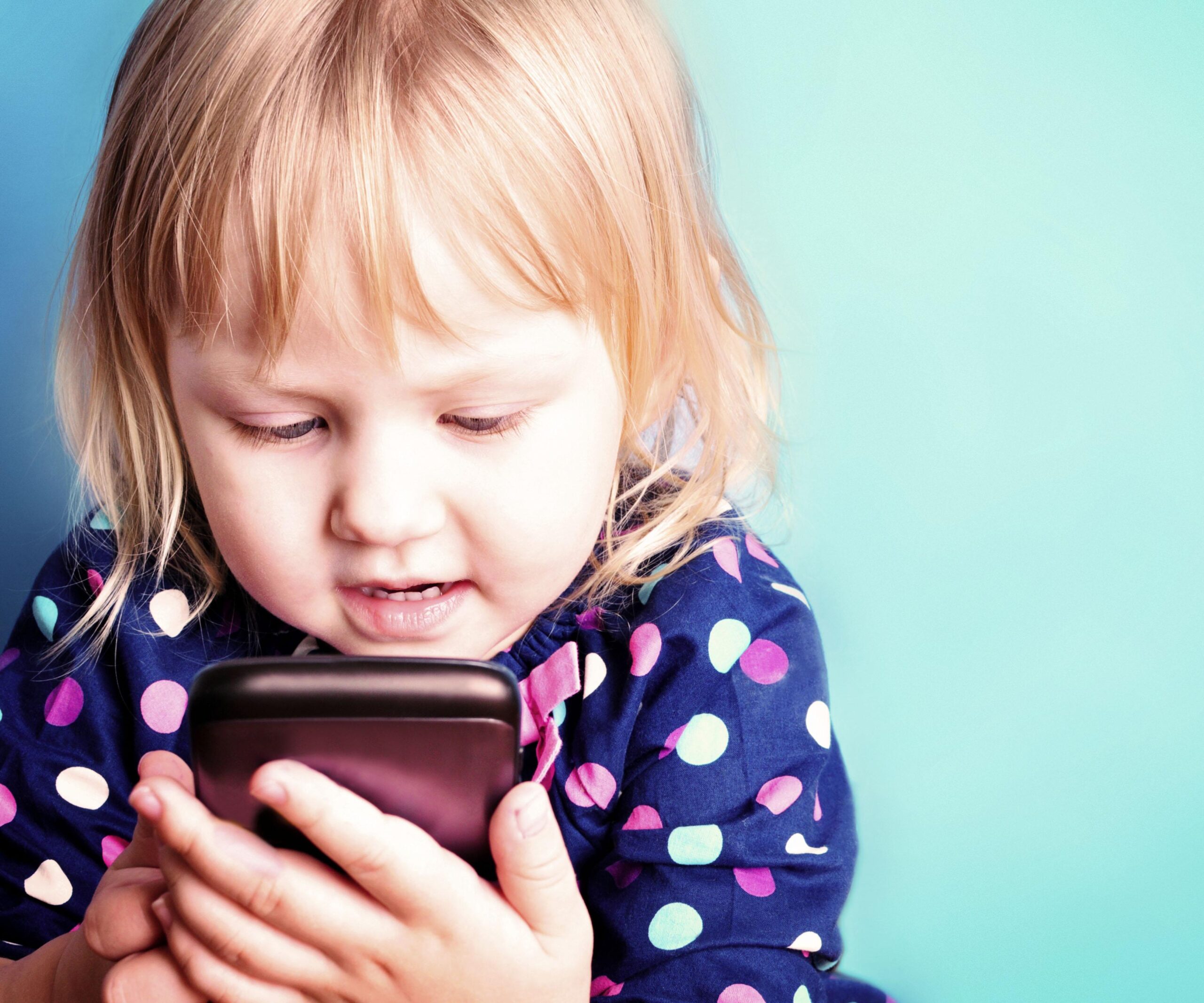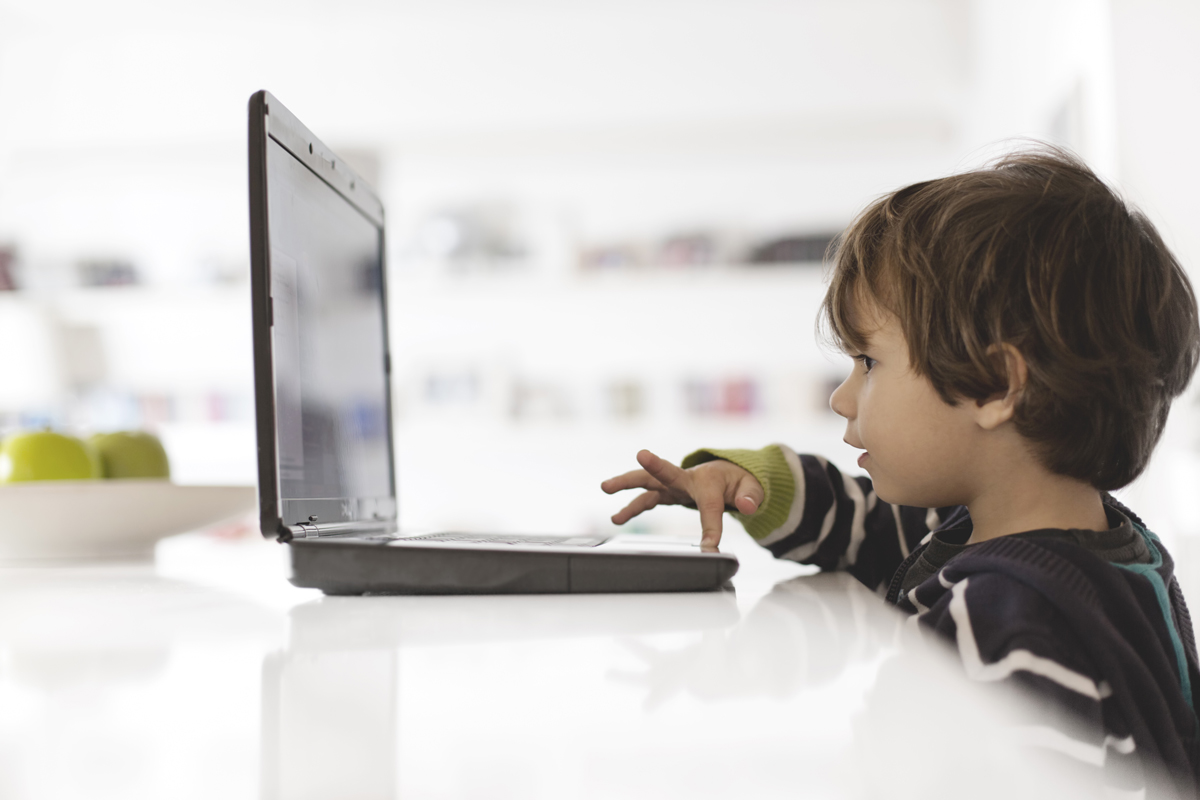There is no doubt smart phones and tablets have changed the way that we live; we have apps that wake us, organise us and keep us entertained. But with thousands of apps aimed directly at our children, has the dawn of the ‘iDevice’ also changed the way that we parent?
The answer, according to a new study from the University of Michigan is yes. During the study, researchers discovered that parents with “difficult” children are far more likely to use iPads to calm them down, particularly in high pressure scenarios such as eating, being in public, doing chores or at bedtime.
Dr Jenny Radesky, the study’s lead author, said that previous studies have already made a link between “difficult behaviour” in babies and toddlers and the use of television and videos.
“We wanted to explore whether the same might be true for mobile technology like phones and tablets,” she said on the C.S Mott Michigan Children’s Hospital website.
During the study, researchers interviewed the parents of 144 healthy children from low income families about the likelihood of using a smartphone or tablet in various situations.
The results showed that parents of children who display “difficult behaviour” are more likely to use screens to pacify them.
“We found that the less control and more frustration parents felt over their children’s behaviour, the more likely they were to turn to mobile devices to help calm their kids down,” Dr Radesky explained.
While the study focused on children displaying “difficult behaviour,” there can be no doubt that as iPhones and iPads have become more mainstream, parents have started relying on them more and more.
Family therapist Martine Oglethorpe warns that there is a danger that giving a “difficult” child an iPad to placate them could become a habit.
“If the parent gives in to every request/demand for an iPad, then the child has no way of learning how to regulate their behaviour.
“Parents do have to work harder today to help provide those other options or they do risk landing themselves in a vicious cycle of techno tantrums” she explains.
Oglethorpe suggests that parents don’t rely on smart phones and tablets. “The devices can be a distraction and can placate a child; however it must not be the answer every time and there must be other options,” she says.
However, in circumstances when parents do decide to hand over technology, Oglethorpe’s advice is to choose games and creative apps that they can interact with rather than just watching cartoons.
But Oglethorpe also notes that occasionally the use of technology can be a good thing.
“There can also be benefits to having time on technology with your child,” she says.
“It’s a great way of bonding as well as letting them know you have an understanding of their world.”
You may also be interested in:


